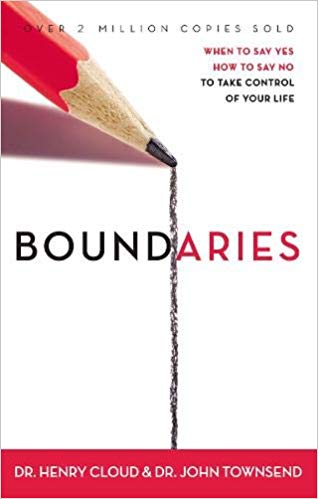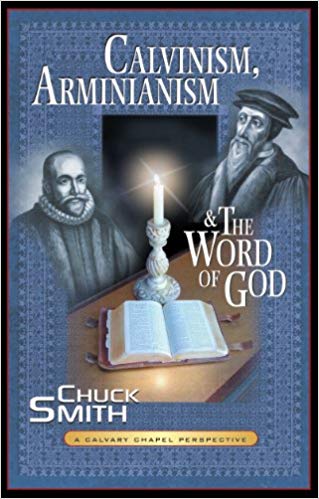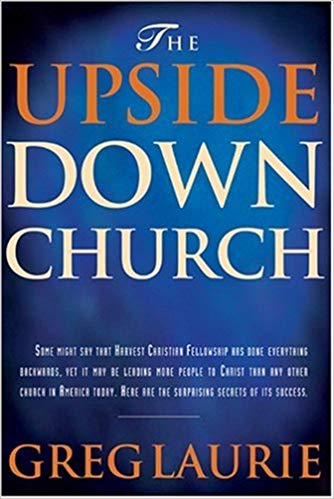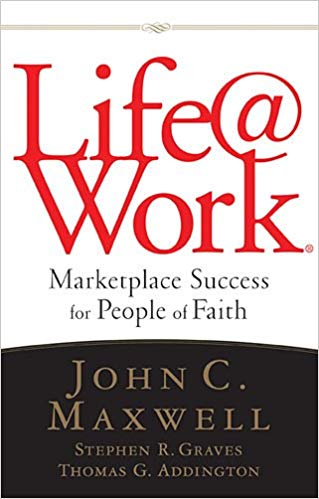
In this book Boundaries, Dr. Henry Cloud and John Townsend use the Bible as the spiritual compass to guide us back to healthy boundaries that are Christ like. One of the main themes of this book is that our deepest need is to belong, to be in a relationship, to have a spiritual and emotional ‘home.’
In fact, the very nature of God is to be in a relationship: ‘God is love’ says 1 John 4:16. And this love is within a relationship – the caring, committed connection of one individual to another.
By reading this book you will learn what boundaries are, what they look like, how they are developed, and some common myths about setting and having boundaries. The authors cover a wide range of boundaries such as between you and your family, friends, spouse, children, work, your self, and God.
Learning how to say no can seem difficult at first but if you are ready to take control of your life and saw yes to a healthy, balanced lifestyle then this book is for you. Often, as Christians we focus so much on being loving and unselfish that we forget their own limits and limitations.
Boundaries impact all areas of our lives: Physical boundaries help us determine who may touch us and under what circumstances — Mental boundaries give us the freedom to have our own thoughts and opinions — Emotional boundaries help us to deal with our own emotions and disengage from the harmful, manipulative emotions of others — Spiritual boundaries help us to distinguish God’s will from our own and give us renewed awe for our Creator.
A boundary is a personal property line that marks those things for which we are responsible. In other words, boundaries define who we are and who we are not. Boundaries are a “litmus test” for the quality of our relationships, and learning to set limits has to do with telling the truth.
And God is more concerned with our hearts than He is with our outward compliance… when we are afraid to say no (to other people), then our yes is compromised. When we say no to people and activities that are hurtful to us, we are protecting God’s investment. We each have only so much time and energy we can give out and this book provides incredible insight into why we behave the way we do, where habits come from, and how to have healthy boundaries our life.
How to get this resource:
- See if the book is available from your local library – It’s free (Minnesota Viking Library System)
- Boundaries (Walmart) at: https://www.walmart.com/ip/Boundaries-Updated-and-Expanded-Edition-When-to-Say-Yes-How-to-Say-No-to-Take-Control-of-Your-Life-Paperback-9780310351801/56023541
- Boundaries (Christian Book) at: https://www.christianbook.com/boundaries-when-take-control-your-life/henry-cloud/9780310351801/pd/351804
- Boundaries (Amazon) at: https://www.amazon.com/Boundaries-Updated-Expanded-When-Control/dp/0310351804



